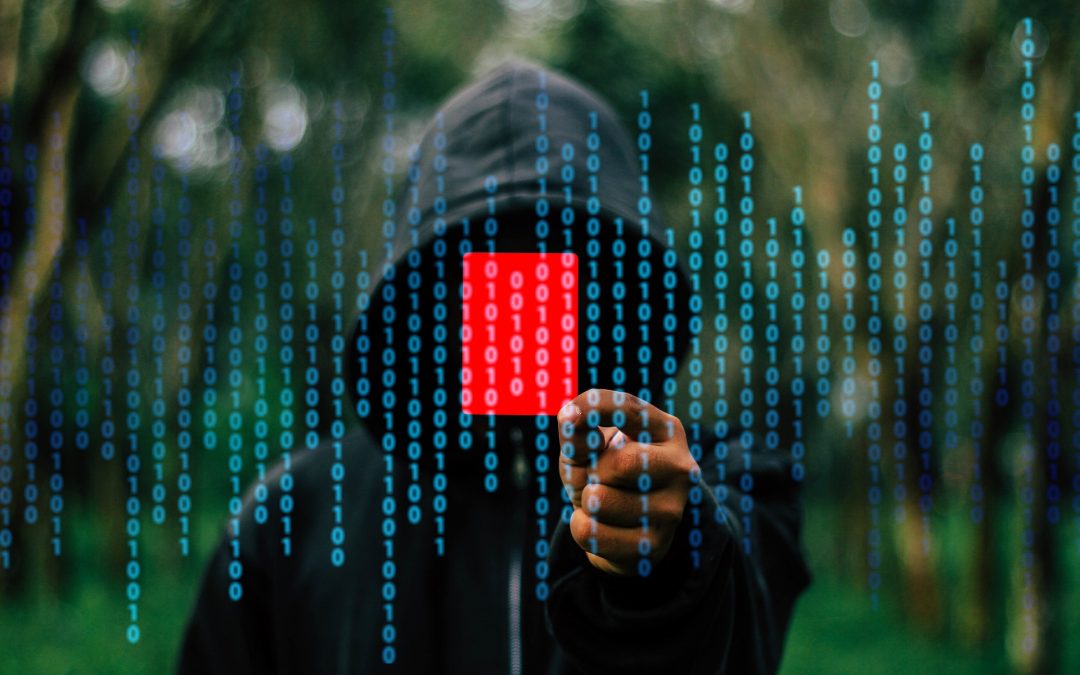While most of us are enduring unprecedented measures in our commitment to do the right thing in these challenging times, unfortunately some criminals are seizing the opportunity to take advantage of “the new normal” in our daily lives.
ACCC has identified a host of new scams to which many of us will be exposed. They include falsely selling coronavirus-related products online and using fake emails or text messages to try to obtain personal data.
Other scams are phishing emails and phone calls impersonating the World Health Organisation, government authorities, and legitimate businesses, including travel agents and telecommunications companies.
With many people now working remotely, use of audio-visual teleconferencing platforms, like Zoom, has skyrocketed. They are also being used to help families stay in touch during isolation. However, there are concerns about the platforms’ security.
The FBI has warned that hackers can “hijack” meetings and educational sessions to obtain private information. It is recommended all meetings be marked as “private” and passwords be required for access. For larger meetings, use the “waiting room” feature and control guests’ admittance. Always use the most recent version of any platform.
A US class action has been filed against Zoom for allegedly failing to protect user information. It alleges data, including computer models, time zones and cities, is shared with others, including Facebook.
When working from home, it’s vital to ensure adequate security protection is installed and maintained. From a risk management perspective, home computers should not be used for any confidential data or financial transactions.
If using home computers is unavoidable, they should be checked to ensure they are not already compromised and, to the extent possible, should be protected to the same level of security as equipment at your place of employment.
In a blog, Professor Allan Manning, from LMI, posted some practical tips on staying safe. “Clearly, cyber criminals are not taking a holiday during this period and arguably we may have more out there than normal, with people losing their honest jobs and being stuck at home.”
Professor Manning warns of the risk that, through remote communication, phishing and whaling attacks (false emails claiming to be from directors and managers) requesting funds transfers are more likely to be successful. “Everyone needs to be diligent and employers also need to make sure all data comes off home computers at the end of all of this.”
To discuss your risk management and insurance requirements, please contact:
- Tim Ross T 02 9478 0808 E tross@jmdross.com.au
- John G Duncan T 02 9478 0814 E jgduncan@jmdross.com.au
- John Davaine T 02 9478 0835 E jdavaine@jmdross.com.au


